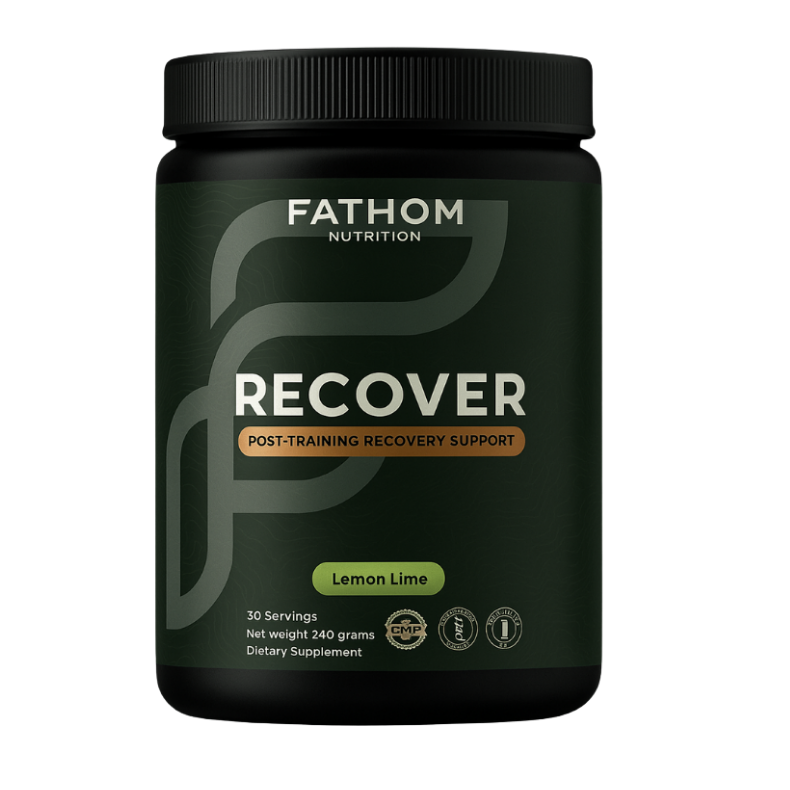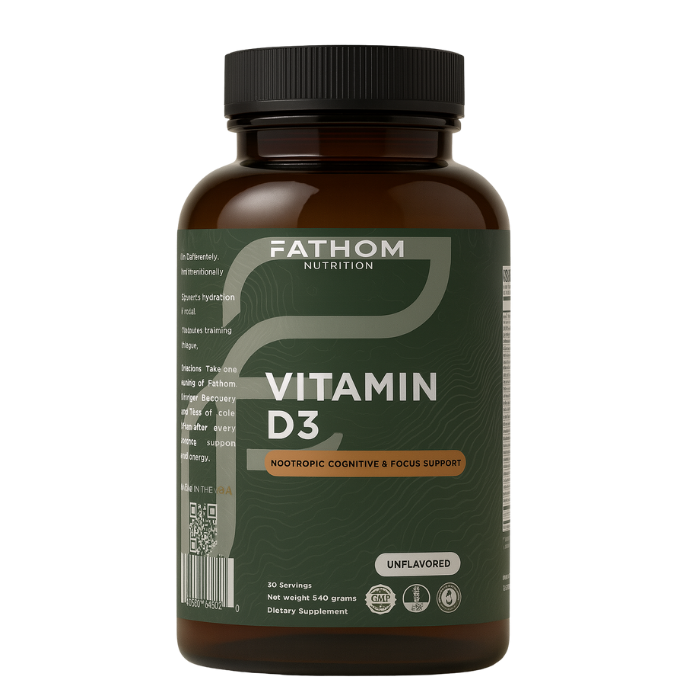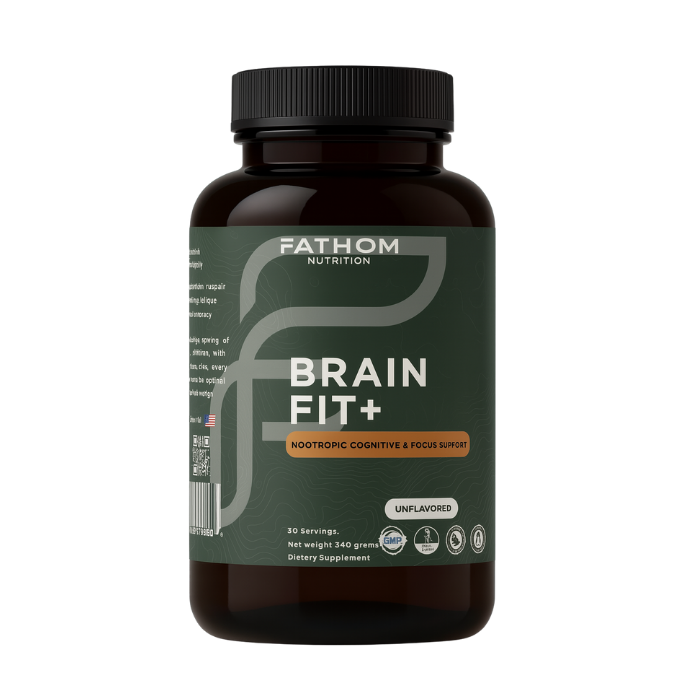How to Use Caffeine to Maximize Mental and Physical Performance

How to Use Caffeine to Maximize Mental and Physical Performance
Caffeine is one of the most widely consumed stimulants in the world, prized for its ability to enhance focus, energy, and physical endurance. Whether it’s your morning cup of coffee, an afternoon tea, or a pre-workout energy drink, caffeine can be a powerful tool when used strategically. But like any tool, it must be used correctly to reap its benefits while minimizing its downsides. In this guide, we’ll explore how caffeine works, how to optimize its effects, and how to avoid common pitfalls.
The Science Behind Caffeine
Caffeine’s primary mechanism of action is its ability to block adenosine receptors in the brain. Adenosine is a molecule that builds up in your body throughout the day, making you feel tired as levels rise. By inhibiting adenosine’s effects, caffeine creates a sense of alertness and energy. Additionally, caffeine stimulates the release of neurotransmitters like dopamine and norepinephrine, which further enhance focus and mood.
Caffeine’s effects are not limited to the brain. It also increases heart rate, stimulates metabolism, and enhances the body’s ability to mobilize fat for energy, making it a valuable ally for physical performance.
Optimizing Caffeine for Mental Performance
Time Your Intake Wisely
Timing is everything when it comes to caffeine. Drinking your first cup of coffee immediately after waking up may not be the most effective strategy. Upon waking, your cortisol levels are naturally high, which helps you feel alert. Consuming caffeine during this time may interfere with this natural rhythm and lead to tolerance over time.
Instead, wait 90 to 120 minutes after waking before having your first dose of caffeine. This allows your body’s natural cortisol production to taper off, ensuring caffeine delivers its full impact when you need it most.
Leverage Caffeine for Productivity
Caffeine can enhance focus, memory, and cognitive performance, making it a valuable tool for deep work or problem-solving. To maximize its benefits:
-
Use caffeine before tasks that require sustained attention or creative thinking.
-
Pair it with practices like the Pomodoro Technique to maintain productivity without over-relying on caffeine for energy.
Avoid the Afternoon Slump
It’s tempting to reach for another cup of coffee during the afternoon energy dip, but consuming caffeine too late in the day can disrupt sleep. To balance energy and rest, consider having your last caffeinated beverage 6-8 hours before bedtime. If you’re sensitive to caffeine, extending this window is even more important.
Maximizing Caffeine for Physical Performance
Caffeine as a Pre-Workout Aid
Caffeine is a well-documented performance enhancer for athletes and fitness enthusiasts. Consuming caffeine 30-60 minutes before exercise can:
-
Increase endurance by mobilizing fatty acids for energy.
-
Enhance strength and power output during resistance training.
-
Delay the onset of fatigue, allowing for longer, more intense workouts.
Dosage Matters
For physical performance, an effective dose ranges from 3 to 6 milligrams per kilogram of body weight. For example, a 70-kg (154-lb) individual might consume 210-420 mg of caffeine. Be mindful of your tolerance and start with a lower dose if you’re new to caffeine use.
Hydration and Caffeine
While caffeine has mild diuretic effects, regular consumers typically adapt to this over time. However, staying hydrated is crucial for both performance and overall health. Pair your caffeine intake with adequate water consumption to maintain optimal hydration levels.
Minimizing Caffeine’s Downsides
Avoid Overuse and Tolerance
Chronic overconsumption of caffeine can lead to tolerance, requiring higher doses to achieve the same effects. To reset your sensitivity, consider taking a caffeine break for a few days or weeks. This allows your adenosine receptors to reset, restoring caffeine’s effectiveness.
Balance Stimulants with Sleep
Caffeine can’t replace sleep. While it’s effective at masking fatigue, consistent sleep deprivation will undermine both mental and physical performance. Prioritize 7-9 hours of quality sleep per night and use caffeine as a supplement to, not a substitute for, rest.
Monitor Your Consumption
The FDA recommends limiting caffeine intake to 400 mg per day for most adults. Exceeding this amount may lead to side effects like jitteriness, anxiety, or gastrointestinal discomfort. Be especially cautious with high-caffeine energy drinks and supplements, which can exceed safe levels if consumed excessively.
Combining Caffeine with Other Supplements
Caffeine’s effects can be enhanced or balanced by combining it with other supplements. For example:
-
L-Theanine: Found in green tea, L-theanine promotes relaxation without sedation, smoothing out caffeine’s stimulating effects and reducing jitteriness.
-
Creatine: Combines well with caffeine for strength and endurance gains.
-
Electrolytes: Ensure proper hydration and muscle function when caffeine is used as part of a workout routine.
Practical Tips for Incorporating Caffeine
-
Personalize Your Dosage: Start with a smaller dose and adjust based on your sensitivity and goals.
-
Alternate Sources: Explore different caffeine sources, such as coffee, tea, or pre-workout supplements, to find what works best for you.
-
Track Your Response: Keep a journal to monitor how caffeine affects your focus, energy, and sleep.
The Bottom Line
Caffeine, when used strategically, is a powerful tool for enhancing both mental and physical performance. By understanding how and when to use it, you can optimize its benefits while minimizing its drawbacks. Remember, caffeine is most effective as part of a holistic approach to health that includes proper sleep, nutrition, and exercise.
Start experimenting with caffeine’s timing, dosage, and combinations today to unlock your full potential. Just as with any tool, the key lies in using it wisely.











